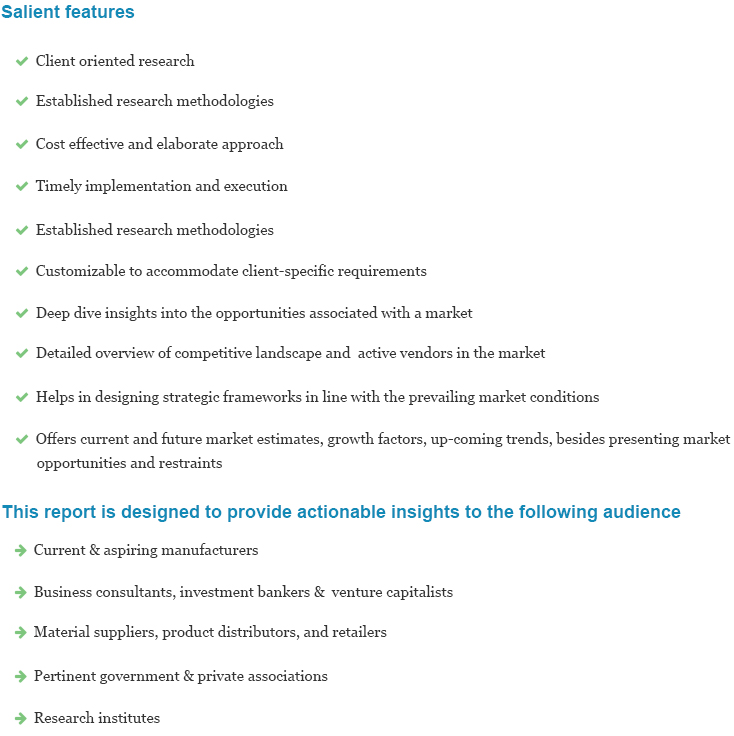
Low Cost Car Market Analysis, Market Size, Application Analysis, Regional Outlook, Competitive Strategies And Forecasts, 2015 To 2025
- Published: August, 2017
- Format: Electronic (PDF)
- Number of pages: 70
- Industry: Automotive & Transportation
The global low cost car market size was estimated to be over 80 million units in 2015. Increasing purchasing power parity along with mobility needs are expected to drive market at a healthy CAGR. High demand from first-time vehicle buyers is supposed to further boost the growth over the forecast period.
After global recession of 2008, major companies in automotive industry found it difficult to balance between future market demand and financial crisis. However, inexpensive vehicles proved to be an answer to tackle this crisis. Rising automotive demand from middle class customer segment also played a crucial role in recovery from the economic crisis.
Cheap car prices range up to USD 9000. Inexpensive cars are designed by keeping low-income group in mind. Lower per unit profit margin can be compensated by bulk sale volumes. Easily available financial assistance is expected to be a key market driver. Increasing income level of middle class in emerging regions is another major driver for low cost car market. Government subsidies providing the required leverage is anticipated to bode well for the budget vehicle segment.
Increasing popularity of online vehicle stores is expected to emerge as an attractive option for car manufacturers and customers as it cuts down cost of appointing new distributors. E-commerce also provides customers with a choice of buying vehicle directly from the distribution center. Cost constraints restrict automotive manufacturers from employing advanced technologies and cars only have simple mechanical assemblies. Budget vehicles are designed in such a way that they can be repaired by local mechanics. This makes them an affordable option for consumers.
Passenger safety is one of the greatest challenges as manufacturers find it hard to use higher security components under specified budget. Emission regulations like EURO III and EURO IV and other such stringent safety and environmental regulations make it difficult to keep production cost to a minimal. Diverging market conditions, digital demands, and shifting competitive landscape are other challenges faced by budget vehicle manufacturers.
Stringent environment regulations require automotive pollution control, which mainly depends upon overall vehicular weight. Use of low weight high strength materials such as composites can be a solution but expensive solution. Hence, cost constraints associated with inexpensive cars makes it challenging for the manufacturers.
Strategic alliances with suppliers are expected to be a key to maintaining profitability in the low cost car market. Budget cars are based on the design to cost concept. This concept provides an array of opportunities for suppliers to participate with significant responsibility. Examples of such opportunities include engine controls and anti-lock braking systems developed by tier-1 suppliers like Bosch. The company has partnered with TATA Motors for developing common rail diesel injection system for a new model of TATA Nano.
Growth of this market largely depends on the quality of end product. Sometimes the entire business model has to be reviewed to achieve the same. Manufacturers are setting up facilities in high demand markets. This gives strategic advantage to the companies familiar with local markets as they have detailed knowledge about pricing trends and key purchasers.
Based on fuel type, inexpensive cars can be either petrol or diesel. Petrol fueled vehicles were expected to enjoy a greater share owing to price sensitivity of first-time buyers. Petrol engines being cheaper than diesel engines are supposed to be the preferred choice amongst consumers in this segment.
India and Southeast Asia are expected to be the emerging markets for low cost cars. Meanwhile, Chinese and Russian markets are projected to move beyond the cheap vehicle segment due to increase in income levels. Asia Pacific is anticipated to dominate the global market in terms of sales, with China being a key market. India is also anticipated to emerge as a prominent region by the end of the forecast period.
Lower entry level prices are supposed to generate a larger customer base. Pricing policies will be of strategic importance for such price sensitive segments. Major companies operating in low cost vehicle market include TATA Motors, Maruti Suzuki, Hyundai, Renault, Chery, Geely, and Fiat. Most players are primarily focusing on launching new brands specifically for budget cars to create product differentiation.
For instance, Renault acquired Dacia, a Romanian auto maker to introduce a cheap car Logan in Europe and India. General Motors which introduced a mini car Spark, is expected to introduce another budget vehicle in the coming years. Skoda is planning to invest in product development with an aim to expand its presence in India.
Other modern low cost vehicle includes TATA Nano, Geely HQ SRV, Chery A-1, and Maruti Suzuki 800. Large companies are focusing on cooperative agreements to strengthen their position in emerging markets. Efforts put in by various automotive manufacturers to increase market penetration is expected to foster market growth over the forecast period.

Choose License Type
- World's largest premium report database
- Transparent pre & post sale customer engagement model
- Unparalleled flexibility in terms of rendering services
- Safe & secure web experience
- 24*5 Research support service
